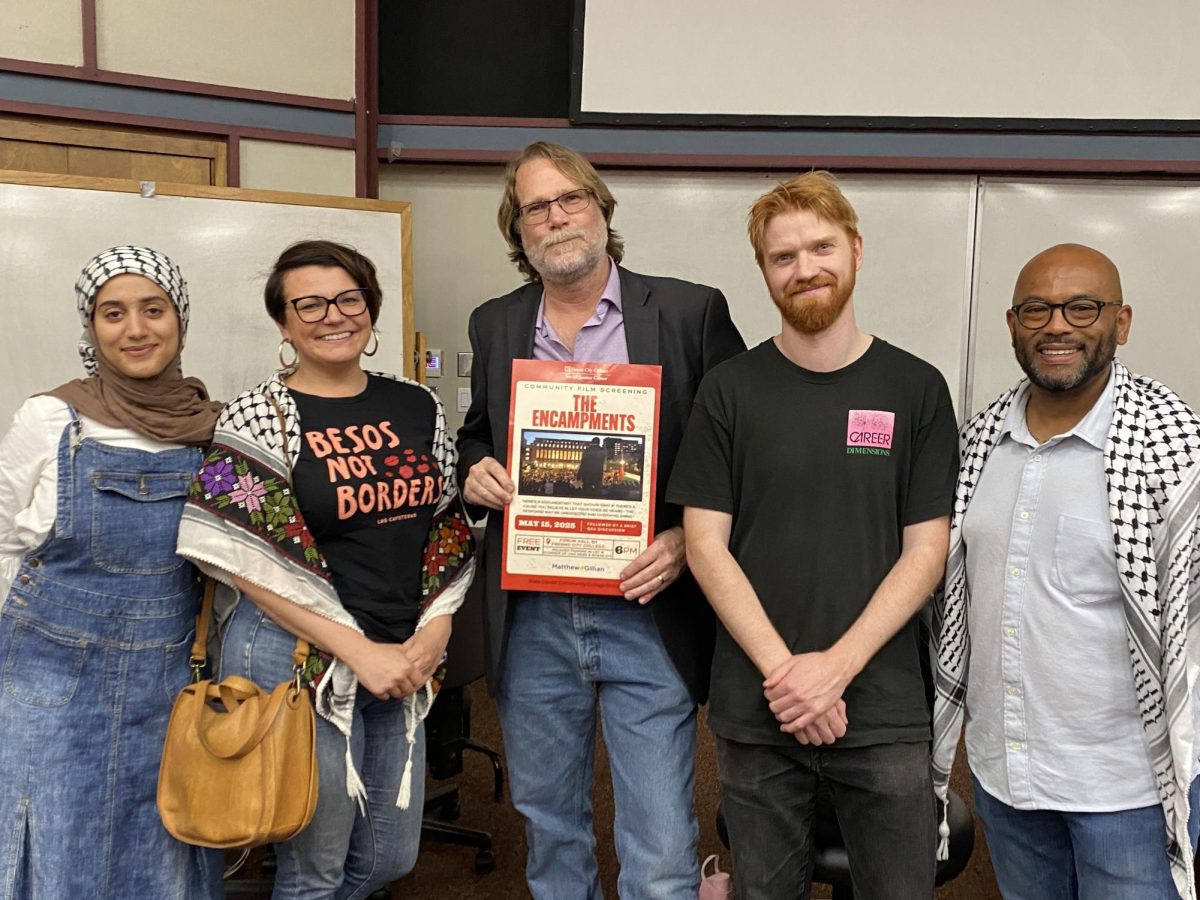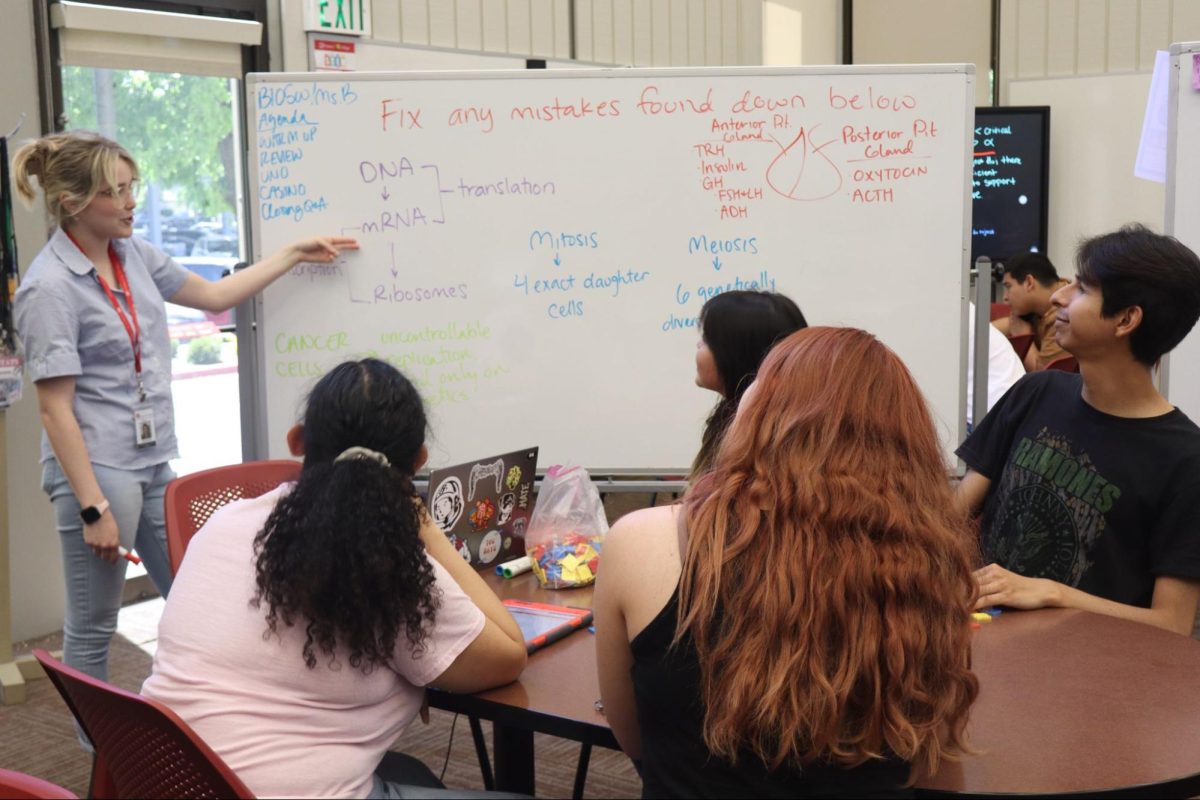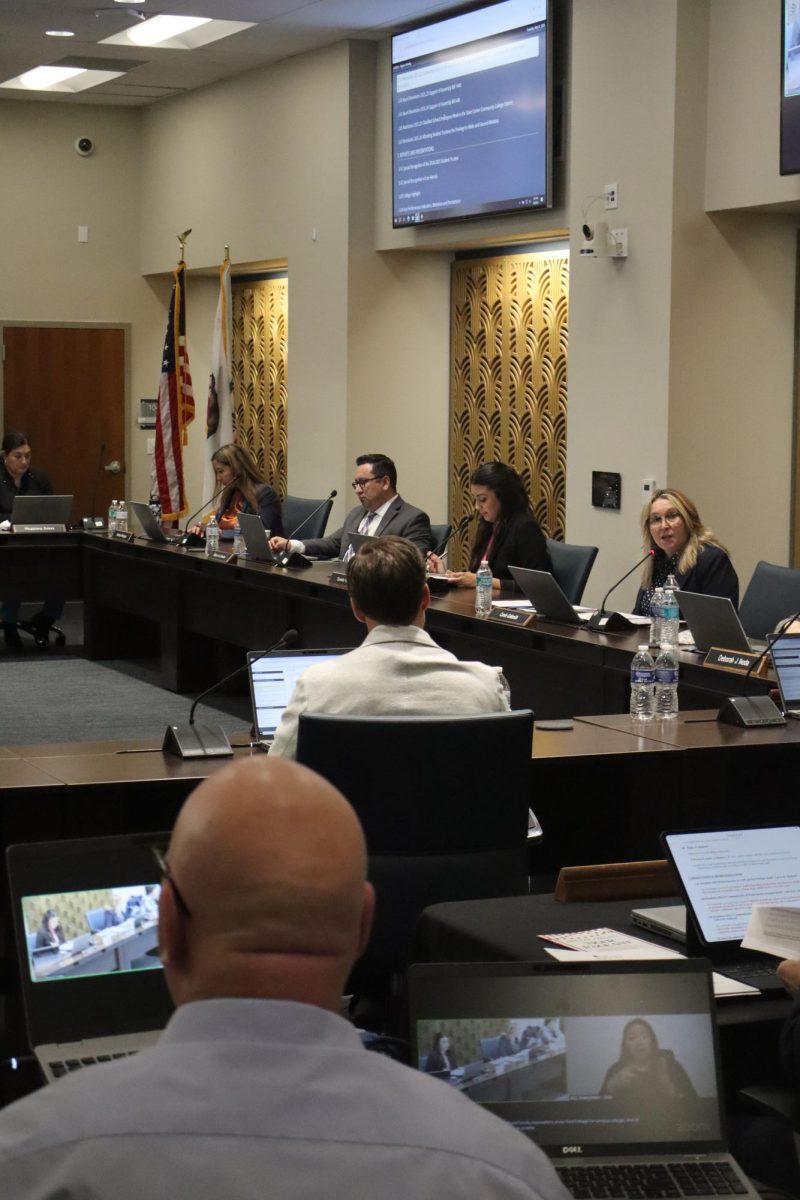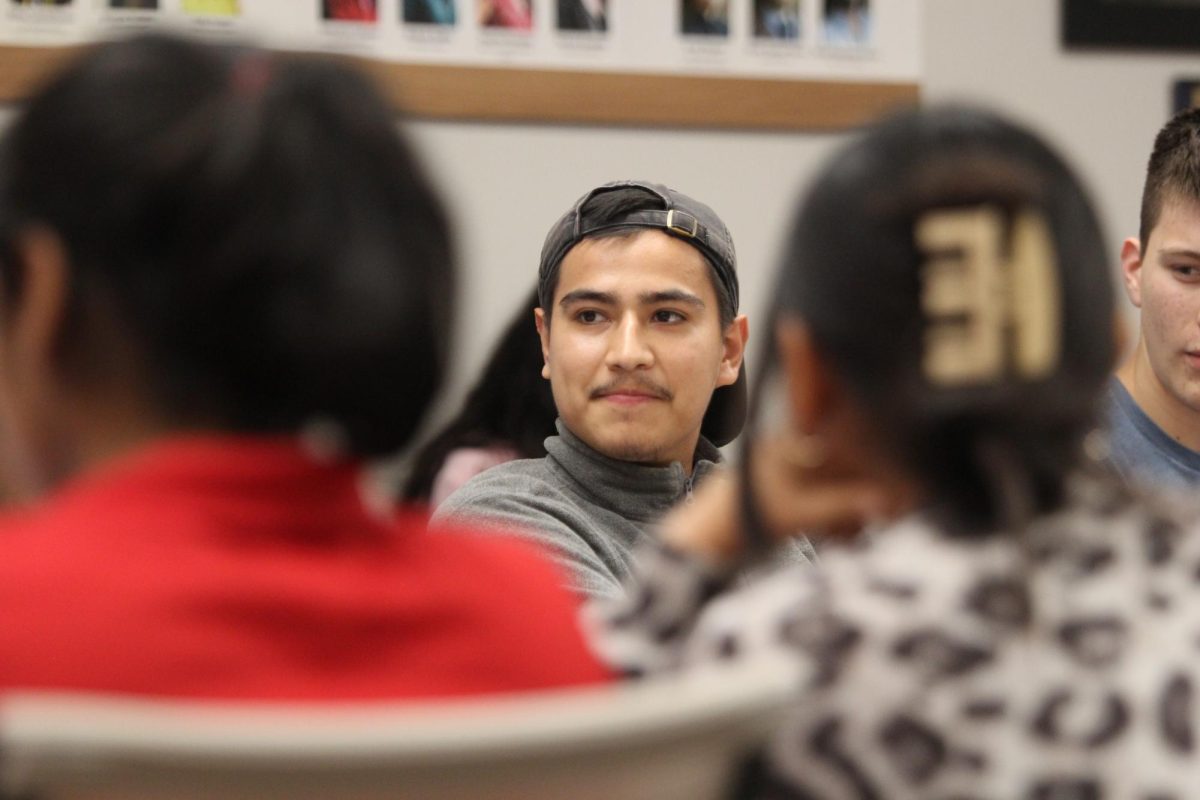An era is coming to an end at Fresno City College.
Professors Kehinde Solwazi of African American studies and Art Amaro of Chicano-Latino studies, are retiring from FCC at the end of this semester. While the two will teach in the fall semester, they will do so part-time.
Kehinde joined the college in 1970 and Amaro in 1973, and the two men are known for their role in developing and fostering Ethnic Studies in the College.
When Solwazi arrived at FCC, colleges across the nation were witnessing a growth in the minority populations and seeking ways to expand their curriculum. That meant broadening what was taught in the classrooms. Fresno City College charged Solwazi with the huge task of starting African American Studies. Solwazi said he found resistance from his colleagues who argued that it would not have any academic merit and opposed the creation of an ethnic studies department.
To overcome this, Solwazi and other colleagues in the ethnic studies focused on crafting a a sound academic program.
“We did it academically,” Solwazi said, “We made sure that our program was solid and transferable like all the other areas of the school.”
In 1973, Art Amaro arrived at FCC to teach Chicano-Latin studies. Amaro said he was luckier than Solwazi because other Latinos who preceded him had laid the groundwork. Still, he was amazed by how unwilling his colleagues were to allow ethnic studies to survive on the FCC campus. Amaro who had attended California State University Stanislaus in Turlock said he noticed the lack of a more ethnically diverse student population.
“There were no Chicano studies, there were no Black studies, there were no Asian studies, and there were no Native American studies,” said Amaro. “Also, there were not a lot of Latino students on campus. I couldn’t help wondering where we [Latinos] were at. Why are we all dropping out? Why aren’t we visible on a state college campus?”
Amaro faced the same opposition within the college as Solwazi had faced years three years earlier.
“Initially, in the early 1970s, there a significant number of faculty members on campus were downright hostile to Chicano Latino studies. They used to look at us like we didn’t belong here,” said Amaro. “They used to look at us like our discipline is just a fad; something was here today and gone tomorrow. Some of them didn’t feel that we had an academic foundation to teach in this area.”
As the times progressed, a more diverse population demanded it and ethnic studies were finally recognized as a legitimate area of study. Amaro published Introduction To Mexican American Studies: The Story of Aztlan and La Raza, a textbook used at FCC and Fresno State University.
Both Solwazi and Amaro is hopeful that FCC will flourish with its strong cultural movement.







